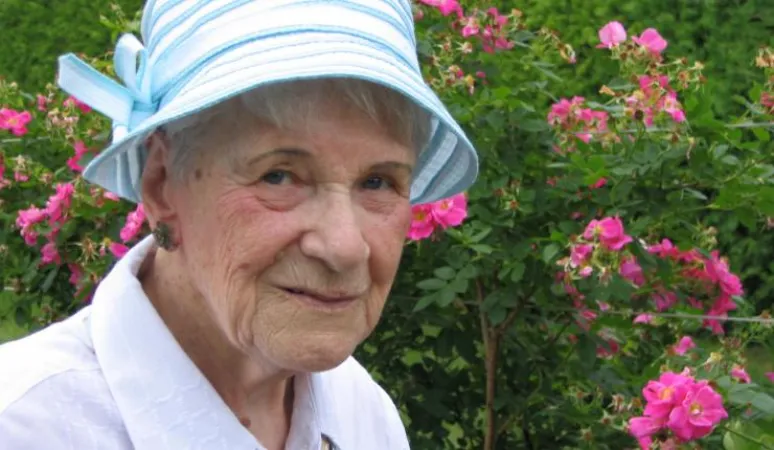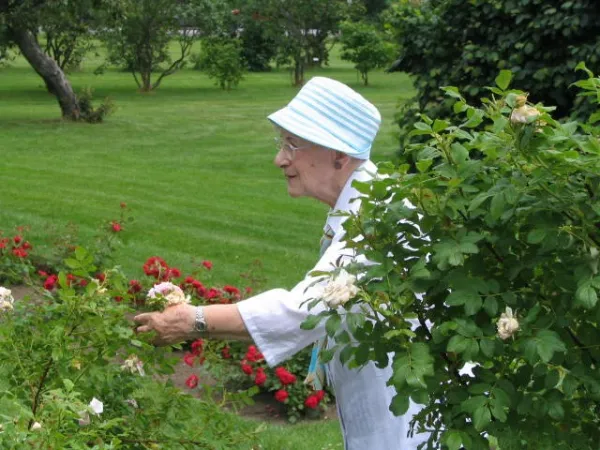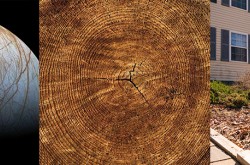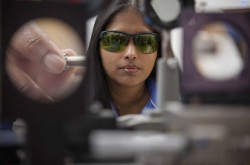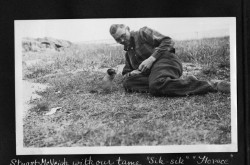Felicitas Svejda – Mother of Roses
This article was originally written and submitted as part of a Canada 150 Project, the Innovation Storybook, to crowdsource stories of Canadian innovation with partners across Canada. The content has since been migrated to Ingenium’s Channel, a digital hub featuring curated content related to science, technology and innovation.
It was a daunting task to have both a hardy plant with recurrent blooming, but Dr. Felicitas Svejda succeeded in developing roses with these characteristics for Canada’s short growing season and bitter winters.
Born and educated in Vienna, Austria in 1920, she moved to Canada in 1953 to work as a statistician for the federal Department of Agriculture. When she became the ornamental plant breeder in 1961, the rose varieties available in Canada could not survive outside the warmer conditions of southern Ontario and the coast of British Columbia. In 1968, she launched the first national trial of ornamental shrubs in Canada to test the survival of her roses in local climates across North America. Many of her roses also thrive in Finland, Russia, Iceland, Germany and Austria.
The Explorer rose series that she developed, named in honour of Canadian explorers, made the Central Experimental Farm in Ottawa famous for rose breeding. The rose series includes 25 different varieties released between 1968 and 1999; 13 developed during her 25-year career, the remainder developed by the program after her retirement. The “Explorer Rose Garden”, planted in 2005 at the Central Experimental Farm proudly displays the results of Dr. Svejda’s research. Her legacy is strong as these beautiful roses have also made their way into park gardens and backyards all over Canada.



